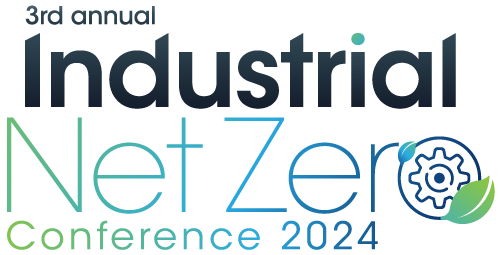1. What keeps you up at night when you think about high emissions/energy intensive industries getting to net zero?
The fact that we’re not moving quickly enough, despite having the answers already. I think that it’s really easy to look towards the 2050 vision of true net zero and what the world will look like, but the incremental steps along the way become very challenging. Usually, the best time to invest is now—yet without a clear vision of the future, those investments often come too late.
2. What exciting developments in emissions reduction are inspiring you at the moment?
I’m excited by the rollout of real projects that we’re seeing now at scale. Over the past three years, DETA has deployed a number of high temperature heat pumps, biomass boilers, and electrode boilers to industry, and reduced emissions by more than 30,000T. The only problem is that all of these projects are outside of Australia – but we’ve proven that with the right partnership across customer, technical expert, energy retailer, and lines company, we can deliver projects that reduce operating costs, emissions, and risk.
3. How is DETA’s approach to net zero different to other organisations?
While we’re the technical experts when it comes to decarbonisation, we’re the first to admit that we don’t have all of the pieces of the decarbonisation puzzle. That’s why partnerships, such as with AGL, are so important – it means that we can have a more comprehensive solution to customers who need support, integrate commercial and financial aspects to fully support a project’s business case, and then support delivery through to implementation.
4. There is concern that net zero isn’t happening fast enough. What do you think could speed up emissions reduction?
Decarbonisation of business isn’t about one project – it’s about a sensible pathway over a planned, and reasonable period of time. The first thing most businesses should do, before worrying about the large scale fuel switch type projects, is reducing demand. Energy efficiency is the cheapest and greenest fuel there is. Not only will it save you money today (and tomorrow), it’ll also reduce the cost to convert your process to renewable fuels in the future because the scale won’t need to be as large.
5. Are there any ‘hidden’ or less discussed issues that high emissions/energy intensive industries need to be more aware of?
The best decarbonisation projects we’ve developed haven’t had decarbonisation as their central focus. They’ve been projects focused on efficiency, business continuity, health and safety, or maintenance improvement – with decarbonisation as a co-benefit. Acknowledging that there is a value stack of return within projects is really critical, especially as the electricity industry becomes more complex and the opportunity for short and long term demand flexibility, energy storage and arbitrage, and renewable energy integration. These factors improve the feasibility of making projects happen today, rather than waiting for tomorrow.
Jeff Smit (DETA) will join industrial heavyweights including WesCEF, Tomago Aluminium, Holcim and Cement Australia at the Industrial Net Zero Conference, sharing insights about their decarbonisation journeys and how they are managing the cost of transition.
To access the detailed conference program, download the brochure here.
For more exclusive content written for energy industry professionals sign up to the Energy Insights blog.

